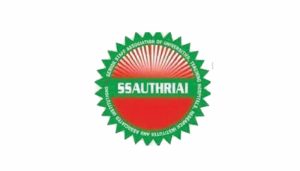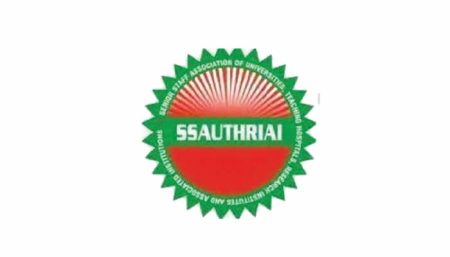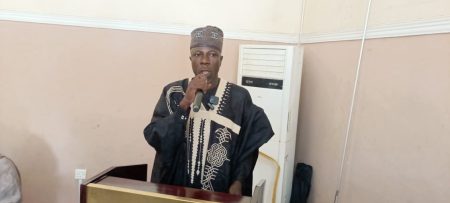The escalating drug abuse crisis among Nigerian youth has prompted a collaborative effort between the Ministry of Education and the National Drug Law Enforcement Agency (NDLEA). A high-level meeting between Education Minister Olatunji Alausa and NDLEA Chairman Brigadier General Mohamed Buba Marwa (retd) resulted in a multi-pronged strategy to combat this growing menace. The Minister endorsed mandatory and random drug integrity tests for students in tertiary institutions, recognizing the urgent need to address the devastating impact of substance abuse on the nation’s future workforce. This decisive step underscores the government’s commitment to tackling the drug problem head-on and safeguarding the academic and personal well-being of students. The collaborative approach signals a significant shift towards proactive prevention and intervention strategies within the education system.
The NDLEA’s proposed three-pronged approach aims to comprehensively address drug abuse at various levels of the education system. The first prong involves revising the existing drug education curriculum in secondary schools to reflect the current realities of drug abuse and its consequences. Outdated information will be replaced with updated, evidence-based content, providing students with the knowledge and skills to make informed decisions and resist peer pressure. The second prong focuses on introducing standalone drug abuse prevention programs in secondary schools. These specialized programs will go beyond basic drug education, offering targeted interventions and support services to at-risk students. This comprehensive approach aims to create a supportive environment that empowers students to make healthy choices and avoid the pitfalls of drug use. The third and most significant prong of the NDLEA’s strategy is the implementation of mandatory drug testing for tertiary institution students.
The implementation of mandatory drug testing in tertiary institutions represents a significant step towards creating drug-free learning environments. This measure will encompass new and returning students, with random testing conducted throughout the academic year. This comprehensive approach aims to deter drug use among students, identify those struggling with addiction, and provide them with access to appropriate support and rehabilitation services. While some may raise concerns about privacy and potential stigmatization, the Minister and NDLEA Chairman emphasize the critical importance of addressing the drug crisis, highlighting its implications for national security and youth development. The drug scourge is not merely a health issue but a societal problem with far-reaching consequences, contributing to criminal activities, hindering academic progress, and undermining the potential of the nation’s youth.
Brigadier General Marwa painted a stark picture of the drug crisis, linking it to serious security threats such as terrorism and banditry. The staggering statistics presented by the NDLEA Chairman—over 40,000 drug offenders arrested and more than 5,500 metric tons of drugs seized in the past two years—underscore the magnitude of the problem. Marwa’s impassioned plea, “We are fighting for the souls of our children,” encapsulates the urgency and gravity of the situation. Drug abuse not only destroys individual lives but also poses a significant threat to the fabric of society. The link between drug use and criminal activity further emphasizes the need for a comprehensive and proactive approach to address this growing epidemic.
Minister Alausa echoed the NDLEA Chairman’s concerns, highlighting the devastating impact of drug abuse on students’ academic performance, critical thinking abilities, and future prospects. He emphasized the vicious cycle of drug use: students involved with drugs often struggle academically, leading to lower employability and increased susceptibility to further drug use. This cycle perpetuates a downward spiral, undermining the potential of individuals and contributing to societal challenges. Alausa’s commitment to mandatory drug testing signifies a recognition of the need for drastic measures to break this cycle and provide students with the opportunity to reach their full potential. The Minister’s acknowledgment of the problem’s urgency reflects a growing awareness among policymakers of the need for immediate and effective action.
The Ministry of Education plans to establish a Substance Use Prevention Unit dedicated to coordinating and implementing drug prevention initiatives. This unit will play a crucial role in the review and revision of school curricula, ensuring that drug education is integrated effectively from primary to secondary levels. The Ministry’s commitment to collaborating with the Universal Basic Education Commission (UBEC) and the Tertiary Education Trust Fund (TETFUND) demonstrates a comprehensive approach to tackling the drug problem across all levels of the education system. By working in partnership with these key stakeholders, the Ministry aims to create a unified and sustainable approach to drug prevention education. Collaboration between the ministries of education and the NDLEA promises a more robust, targeted, and effective approach to tackling drug abuse among young Nigerians.














